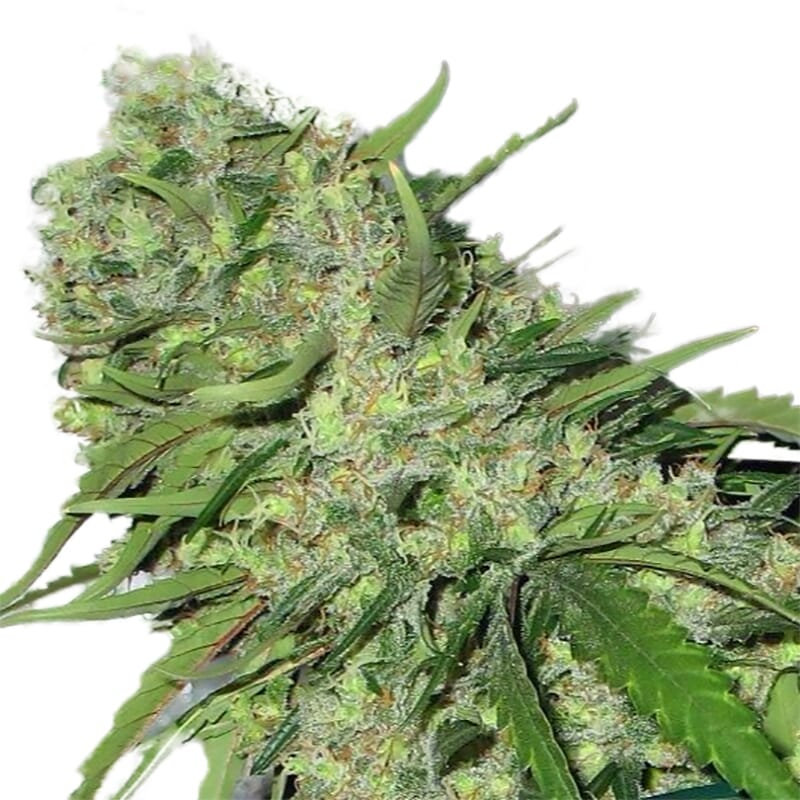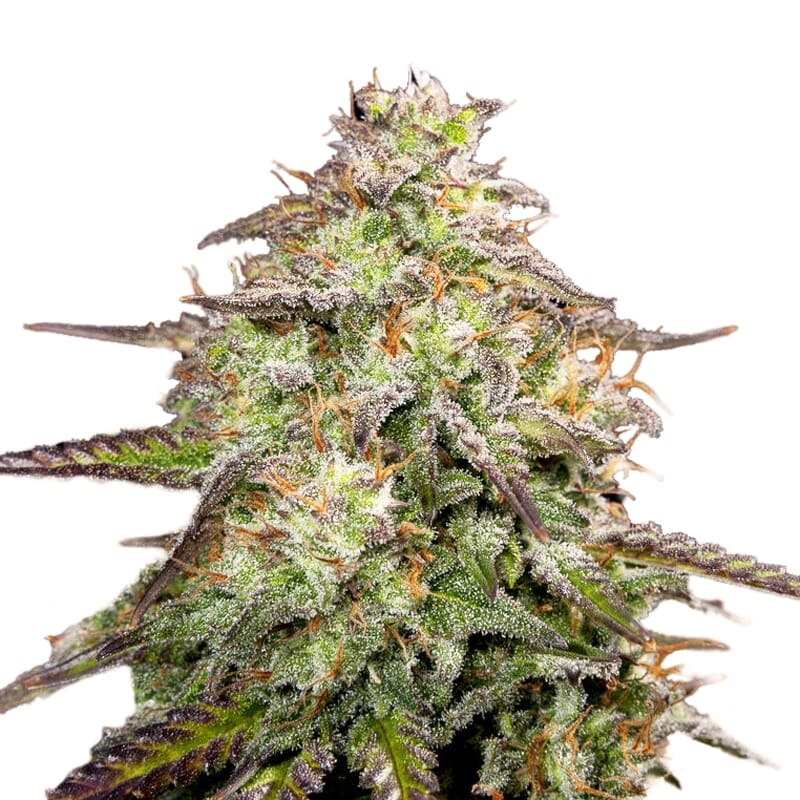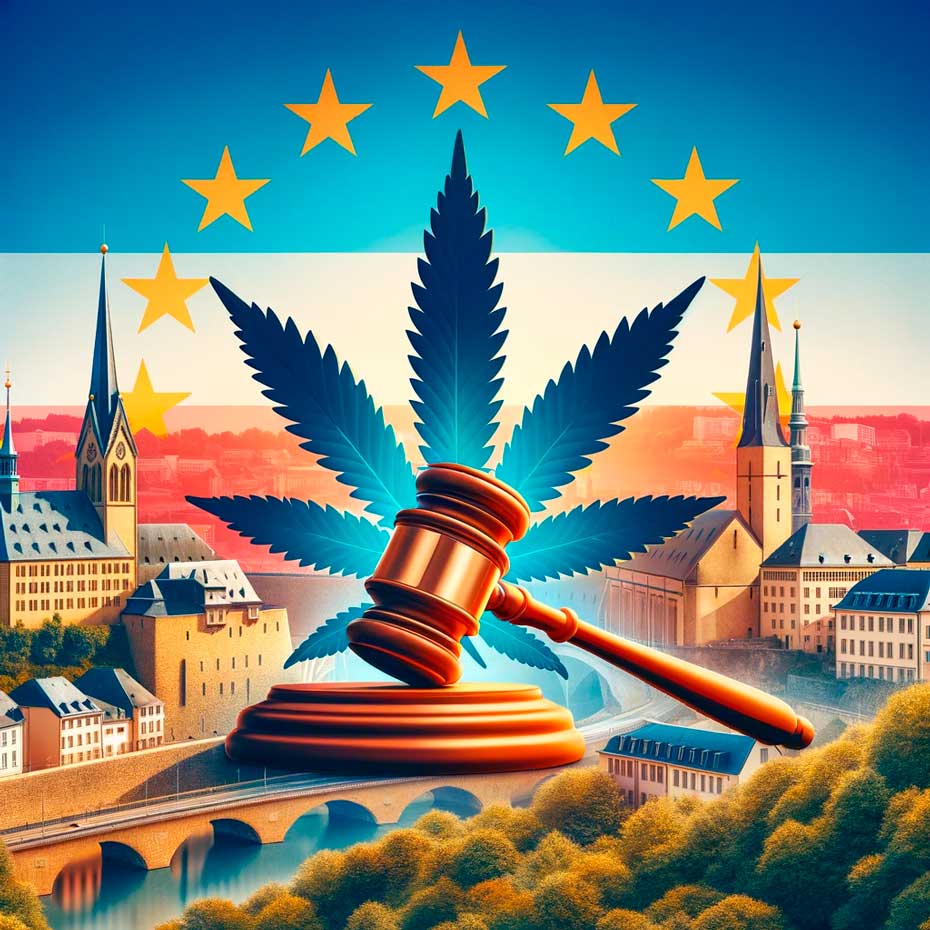Regulation of Medicinal Cannabis in France
Cannabis, one of the most popular illegal drugs in France, has been subject to strict legal regulations in the country. However, recent reforms have been implemented allowing its use for medicinal purposes, marking a significant shift in national policy.
France, as a signatory to international drug conventions, has maintained a staunch stance against cannabis since the 1950s. However, in 2013, the use of cannabis derivatives in pharmaceutical manufacturing was authorized, which can only be obtained with a medical prescription and are prescribed as a last resort when other treatments have been ineffective.
This legal amendment decriminalizes several activities related to specialized pharmaceutical products containing cannabis, on the condition that they are approved by the National Agency for the Safety of Medicines and Health Products (ANSM). This measure is expected to facilitate research on cannabinoids, according to a spokesperson for the Union of Pharmacists (UNAPL).
Furthermore, in an effort, to further explore the benefits of medicinal cannabis, the ANSM initiated an experimentation involving 3,000 patients in September 2018. This trial will provide cannabis-based products to individuals suffering from specific conditions such as epilepsy and neuropathic pain, as well as to treat the side effects of chemotherapy.
Regarding penal policy, reforms have also taken place. In 2017, the Minister of the Interior expressed the intention to replace criminal sanctions with fines for those found consuming or in possession of cannabis. This measure materialized in 2018, reducing the penalty for cannabis possession to a €200 fine.
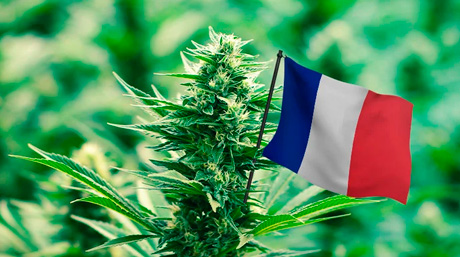
These changes reflect a trend towards greater acceptance of medicinal cannabis in France, despite public opinions remaining divided. While a survey indicated that the majority of French people oppose the decriminalization of cannabis, skepticism about the effectiveness of police control measures on the streets has also grown. A recent study revealed that the majority of police officers consider identity checks ineffective for detecting cannabis users.
Current Affairs in Europe:
At the European level, the legal status of cannabis varies considerably among the member countries of the European Union. Spain, for example, regulates the cultivation and consumption of cannabis under certain circumstances, while the Netherlands has legalized the sale of cannabis in authorized establishments known as “coffee shops”. Recently, the EU has experienced changes in hemp regulation, allowing farmers to grow seeds with low THC content, and a legislative debate on cannabis legalization has been initiated.
These developments signal a gradual shift towards more flexible policies regarding cannabis in Europe, reflecting an ongoing debate about the balance between regulation, public health, and individual freedom.
The European Neighbor: Asia and Its Interest in Cannabis
Cannabis, a plant with a long history of cultural and medicinal use in Asia, has been the subject of a growing debate in terms of regulation and legalization in the region. A comprehensive report on the current status of cannabis in Asia reveals various aspects of its situation and regulation in different countries across the continent.
In China, cannabis has historically been used for medicinal purposes, but its cultivation and recreational consumption are strictly prohibited. Meanwhile, in India, where the plant has a deep cultural and religious connection, laws vary by state, with some allowing traditional consumption but prohibiting recreational use.
In contrast, in countries like Japan and South Korea, cannabis is subject to extremely strict laws, with severe penalties for its possession or consumption.
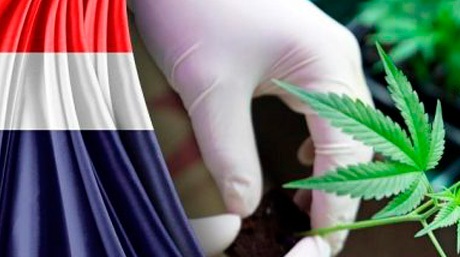
However, in Thailand, there has been a significant shift in perception, and regulation of cannabis, with the legalization of its medicinal use in 2018 and ongoing efforts to allow recreational use under certain circumstances.
In Southeast Asia, perception, and regulation of cannabis vary considerably from one country to another. While in Malaysia and Singapore, cannabis remains illegal in all forms, in countries like Laos and Cambodia, its cultivation and use are less regulated, although not necessarily legalized.
The state of cannabis in Asia is diverse and complex, with a variety of regulatory approaches reflecting different cultural traditions, values, and public policy considerations across the region.
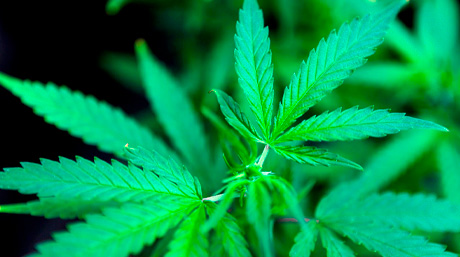
Medicinal Cannabis: A Step Towards Global Legalization
Medicinal cannabis is emerging as an increasingly accepted and legalized therapeutic option in numerous countries across different continents. This plant, long stigmatized, is experiencing a radical shift in its perception and use, marking a crucial step towards international legalization and regulated consumption.
In recent years, an increasing number of nations have recognized the therapeutic value of cannabis and enacted legislation to regulate its production, distribution, and consumption for medicinal purposes. This trend reflects a change in public perception and a greater understanding of the potential benefits that cannabis can offer in treating various medical conditions, such as chronic pain, epilepsy, anxiety, and symptoms associated with cancer and other serious illnesses.
The legalization of medicinal cannabis not only represents an opportunity to improve the quality of life for patients suffering from debilitating diseases but also opens new doors in scientific research and the development of innovative treatments. By allowing regulated access to cannabis-derived products, countries can promote medical research, demystify the stigma associated with the plant, and encourage responsible consumption practices.
Despite advances, the legalization of medicinal cannabis remains a controversial issue in many places, with arguments for and against fueling public and political debate. However, proponents of this measure highlight the potential of cannabis to alleviate human suffering and improve the quality of life for millions of people worldwide.
As more countries join the movement to legalize medicinal cannabis, significant changes are expected in how society perceives and uses this ancient plant. With a focus on responsible regulation and public education, the path toward global legalization of medicinal cannabis promises to offer new opportunities for health and well-being for people worldwide.




